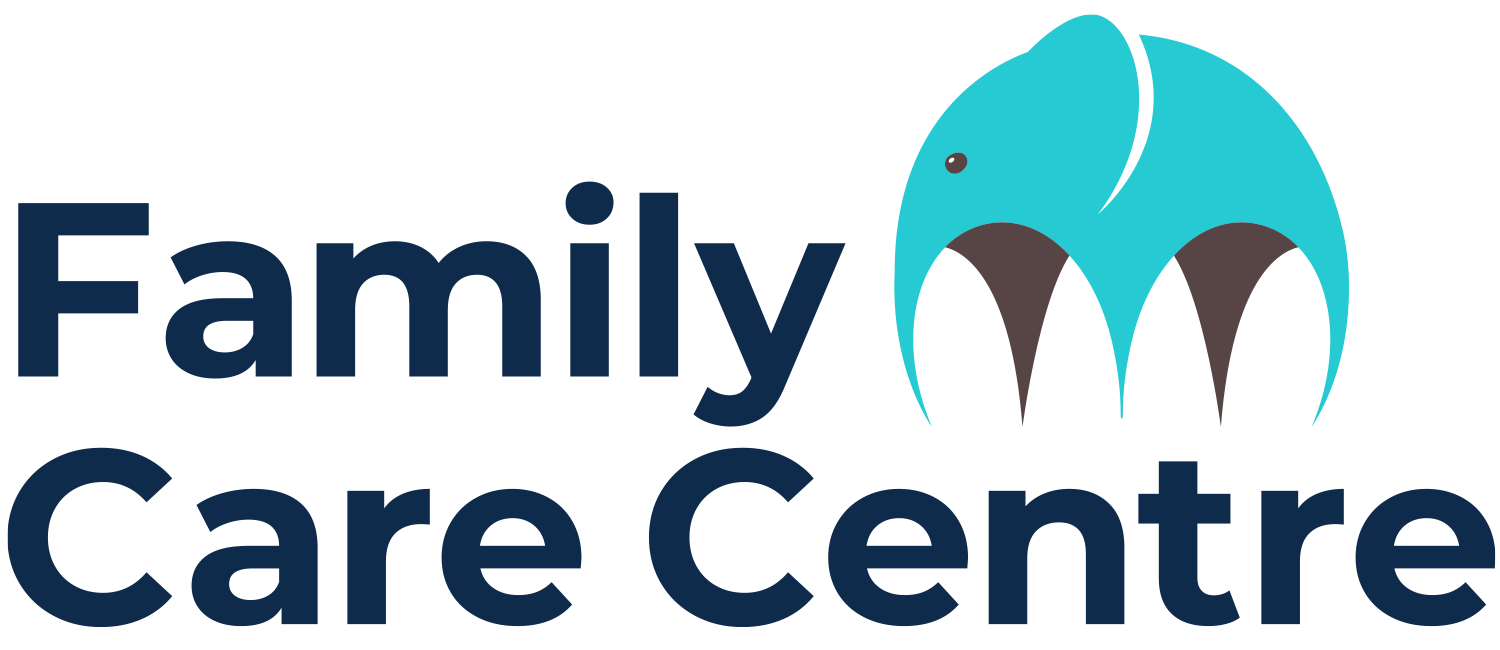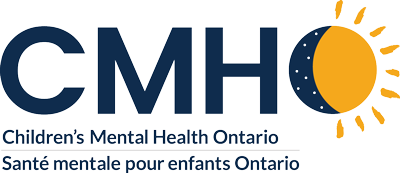The growing concerns about COVID-19 are certainly prevalent in the media, social conversations, and the thoughts of most Ontarians. What information we do have is being used to make ever changing decisions as parents and organizations about how best to keep people safe. Along with all of the information, there is also an abundance of unknowns and quite possibly fears.
Children and youth who have an anxiety disorder may find the information about COVID-19 in the news and around them especially worrisome. It would be most beneficial for them if information is presented in a calm, structured and realistic manner. With that in mind, for many children the most reassuring way to manage this information is in conversation and relationship with parent(s)/caregiver(s).
The COVID-19 situation is constantly evolving and information can be confusing, so, as a parent/caregiver what do you say and do?
Begin with informing yourself
You can find up to date information about the symptoms, prevalence and current recommendations from your local public health unit or the Ontario Public Health (https://www.publichealthontario.ca/). The World Health Organization and Government of Canada are also providing large scale updates. Remember, choosing responsible sources for your information demonstrates to your child how to make good choices around media and information gathering.
Focus on the details that are most relevant
and/or things that you and your child can control. Limit conversations with/around them about things they can not control or help with (i.e.- lost wages for parents, a family friend who has travelled, a classmate that may have been exposed, etc.).
Limit routine changes where possible
Routine allows for predictability, which can be supportive for those with anxiety disorders. When routines can not be kept up (school closures, activity cancellations, etc) then contemplate what structure you can provide. Consider supporting your child with an individual routine including such activities as learning opportunities, self-care activities, and physical activity. Be sure to add in something that helps to bring your child joy each day.
Share information in as concrete a way as possible.
Speak to them about the ways you and the other adults around them are helping to keep them safe! Review good hygiene practices and, if appropriate, make fun games out of these habits. If they wish to discuss case numbers, statistics they have heard, economic impact, political fallout, etc., help them to be sure they have a reliable source. Take time to validate their concerns with your words and your attention.
Correct misinformation
Help your child/teen to have the facts to work with. Ask them what they know about Coronavirus and what they have ‘heard’ (from friends, media, family members, etc.). Spend some time helping them to talk through this and encourage them to approach you with any other questions they have rather than going to the internet, the media or friends. BE HONEST! And answer in a way that accounts for the child’s age. Worry will not help them but being confidently prepared and “armed” with correct, timely information may. It is best to avoid statements like, “Don’t worry” or “It will all be alright” you can assure them that you and other adults around them are doing everything they can to help keep them and the people they love safe and healthy.
For those children/teens who do well with visuals,
help them to create a reminder for themselves of what they can control – they can wash their hands regularly, practice social distancing and limit touching their face. (Do monitor children for any increase in these behaviours that are not needed – like excessive hand washing, perseverating on risk factors, becoming fearful of leaving the house, etc.)
Strategic News Exposure
Last, but in no way least, limit exposure to unnecessary anxiety provoking information/activities. This likely means limiting exposure to social media, newscasts, and the newspaper. This may be more difficult with older children/teens however, this may be an ideal time to work with your child/teen to practice healthy management of information, an especially important skill for those who are dealing with anxiety.
Anxiety makes us overestimate risk and underestimate our ability to cope.” … “The goal is to help your child realistically evaluate risks based on available information.*
Find Covid-19 Resources:
Talking to Your Anxious Child About COVID-19
Tips for Supporting your Family’s Mental Wellness
Additional Resources
‘Brains On’ (A Podcast for kids) –Understanding Coronavirus and how germs spread
WHO Infographic – Helping children cope with stress during the 2019-nCoV outbreak
MPR News – Comic about Coronavirus for Kids – based on an NPR interview
Psychology Today – Article: How to talk to Kids and Teens about the Coronavirus
Seattle Children’s Hospital Research Foundation – Helping Children and Teens Cope with Anxiety About COVID-19
CDC – Talking with children about Coronavirus Disease 2019: Messages for parents, school staff, and others working with children
*Quote source: https://pulse.seattlechildrens.org/helping-children-and-teens-cope-with-anxiety-covid-19/







0 Comments
Trackbacks/Pingbacks